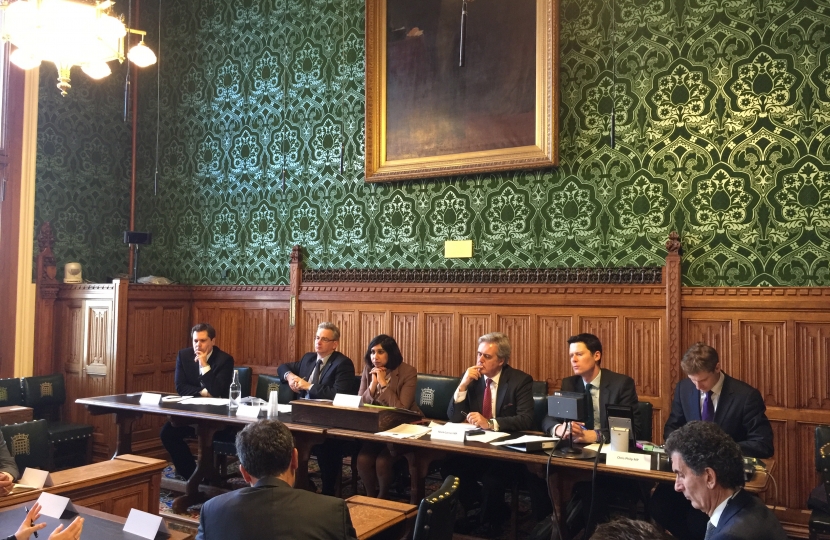
I was pleased to chair the first meeting in Parliament of a new inquiry into financial education for young people.
The inquiry has been launched by the All-Party Parliamentary Group on Financial Education, a group of MPs from across the political spectrum and I am chairing the new investigation, which has begun taking oral evidence this week after receiving over 40 written submissions from interested groups. Its terms of reference include to:
· Examine the overall delivery of financial education in schools in England and the devolved nations and identify methods of best practice from each.
· Assess the extent and impact of financial education teaching in England since its introduction on the secondary school curriculum in 2014/15.
· Highlight examples of best practice from schools across the UK in measuring the impact of statutory financial education
· Identify policy recommendations aimed at ensuring more young people – from all backgrounds – receive relevant financial education from a young age
Working in partnership with Young Enterprise, evidence is being taken from a variety of interested groups with a role in providing financial education, which has been on the national curriculum since the start of the 2014/15 academic year. Organisationswhich are giving evidence include banks and financial services providers, education inspectorate OFSTED, money advice services and other third sector organisations.
Today’s first evidence session, which took place in Parliament, heard from financial education charities Young Enterprise (which is also acting as the inquiry’s secretariat) and The Money Charity, plus financial education providers SARN Associates and MyBnk.
Teaching our young people how to understand and properly manage finances is an extremely important issue. Equipping them with skills, knowledge and confidence in money matters is crucial to ensure they are properly prepared for adult life.
However, despite research showing that young people’s money habits are formed by the age of seven, too often they feel ill-equipped to make informed choices. At its worst, poor levels of financial literacy can trap young people on a pathway to debt and unemployment, and have a detrimental impact on their mental health.
It is a great step forward that financial education is now on the National Curriculum, but the time is now right to look at how those lessons are being taught, and to look for examples of best practice as well as any weaknesses in the system. I’m very pleased to be leading the investigation into this important topic, and would be very interested to hear from parents and teachers in Fareham about their views of how finances are being taught.
We will continue taking evidence over the coming months, and aim to produce a report to send to government ministers by the summer.’
· Background information about the APPG on Financial Education and the issues it looks at can be found at http://www.pfeg.org/policy-campaigning/pfeg-and-parliament
